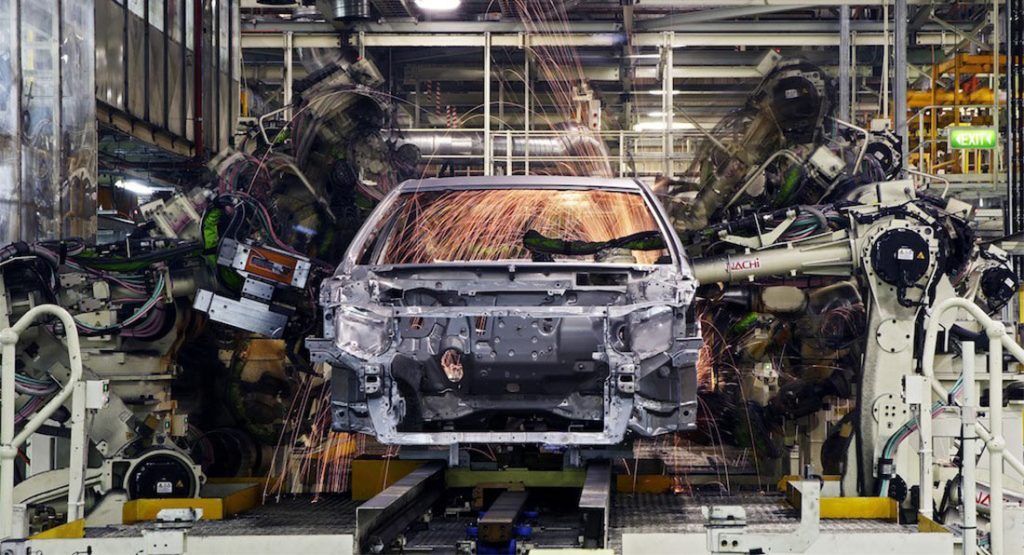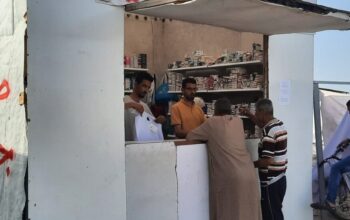Toyota announces it’s suspending all shipments of Daihatsu vehicles as investigation reveals safety irregularities dating back to the ’80s
13 hours ago
 –>
–> 
–>
Toyota would have hoped that the safety scandal centered around its subsidiary Daihatsu’s rigged safety tests would be over by now. But thanks to the findings of an independent investigation into the situation, it was announced that all shipments of Daihatsu vehicles are to be halted. Production is also expected to come to a halt.
The move will encompass Daihatsu vehicles produced in Japan and overseas and may also extend to other manufacturers that share tech and platforms, including Mazda, Perodua, and Subaru. In 2022, the company sold 1.1 million vehicles, 40 percent being in export markets.
Toyota announced that nearly every model in the Daihatsu lineup may have been affected, with irregularities within the company’s safety testing dating back as far as 1989. Previously, it was thought that only a handful of models were impacted, but that figure has been revised to 174 cases across 64 vehicles.
More: Toyota And Daihatsu Cheated To Pass Safety Tests, Investigation Finds
advertisement scroll to continue

The latest revelation is a severe blow to the wholly-owned subsidiary, which accounts for 4 percent of Toyota’s annual sales volume. Daihatsu is a leading producer of Kei cars — a class of small-capacity cars designed to fit within the tight physical dimensions that qualify for tax and parking permit breaks in Tokyo. The company holds 30 percent of the Kei-car market, with its Cast range of Kei cars proving popular, along with their Toyota badge-engineered counterparts, in the form of the Pixis lineup.
The decision to suspend all shipments of Daihatsu models was announced at a press conference. In addition, a press release issued by Toyota confirmed that the investigating panel also suspects that Daihatsu may have falsified environmental performance data.
More: Toyota Yaris Ativ Sales Halted In Thailand After Daihatsu Rigged Crash Test Results

The leading cause for concern was initially centered around the performance of airbag control units, with the units used in test vehicles being different from ones sold to the public. While the installed units were later found to comply with regulations, further findings uncovered that the inside lining of certain cars’ front doors were improperly modified for crash tests on certain vehicles. This was done to prevent the part from breaking into pieces with sharp edges that could injure occupants during a side airbag deployment.
The move to suspend shipment and slow down or stop production closes a rather dismal year for Toyota. In addition to suspected foul play at Daihatsu, in May, Toyota said that the data of 2 million owners had been exposed due to a cloud-server configuration error. Adding insult to injury, in August, the company was forced to temporarily shut down 14 of its Japanese plants due to a computer glitch, estimated to have cost the company as much as $356 million in lost revenue.

 <!–
<!– –>
–> 
